What does the Queen's vehicle bill mean for motorists?
Millions will be set aside in bid to make UK a world leader in transport technology

A free daily email with the biggest news stories of the day – and the best features from TheWeek.com
You are now subscribed
Your newsletter sign-up was successful
The government plans to introduce new measures to bolster the infrastructure for driverless, electric and hydrogen-powered cars as the UK sets out to become a global leader in automotive technology.
Announced during the Queen's speech, the Automated and Electric Vehicle Bill "will be introduced to ensure the United Kingdom remains a world leader in new industries, including electric cars".
The bill commits the government to improving the facilities for electric and hydrogen cars on UK roads, which it hopes will entice buyers to invest in vehicles powered by renewable sources.
The Week
Escape your echo chamber. Get the facts behind the news, plus analysis from multiple perspectives.

Sign up for The Week's Free Newsletters
From our morning news briefing to a weekly Good News Newsletter, get the best of The Week delivered directly to your inbox.
From our morning news briefing to a weekly Good News Newsletter, get the best of The Week delivered directly to your inbox.
It also plans to force autonomous vehicle owners to buy insurance as automakers are beginning to trial driverless cars on public roads.
Pushing for better infrastructure for EVs
Under the Automated and Electric Vehicle Bill, the government plans to build "infrastructure that supports development and also consumer uptake of electric and autonomous cars", says Autocar.
This includes measures to force "motorway services and major petrol station operators to build charging spots alongside traditional fuel pumps" to improve charging availability for electric and hydrogen-powered cars, says Engadget.
A free daily email with the biggest news stories of the day – and the best features from TheWeek.com
The government is investing "more than £200m in research and testing infrastructure", says the BBC, and is "hopeful that the advent of driverless cars can have a profound impact on road traffic accidents".
But one of the toughest challenges electric carmaker Tesla has had to overcome since launching its Model S in 2012 is convincing the customer that the vehicle won't "run out of juice before reaching its destination or a charging station", says BGR.
This is commonly referred to as range anxiety.
Dr Ben Lane, director of electric vehicle changing company Zap-Map, told Sky News that increasing charging outlets in the UK will be "strongly welcomed" and should reduce the effect of range anxiety.
He says: "Together with more open access, it's exactly what the market needs and electric vehicle drivers will welcome this development".
Insurance for driverless cars will be mandatory
Autonomous vehicles will also need to be insured to drive on UK roads. This falls in line with existing laws for cars with conventional combustion engines.
Andy Watson, head of insurance firm Aegis UK, told Insurance Business that the bill would be appreciated by both drivers and insurers.
He says: "The technology is rapidly developing and it is important that the law keeps pace to allow its testing and eventual adoption on UK roads.
"The economic, safety and societal benefits of automated vehicles are clear and we will work with transport ministers and parliamentarians to ensure the legislation is robust and fit for purpose."
Last year, Business Insider reported that "one of the biggest benefits of autonomous cars will be improved safety" as the majority of driverless systems feature driver aids such as automatic emergency braking and software to keep drivers in their lane.
The sensors on these vehicles are so advanced that they could have faster reaction times than human drivers and would therefore be safer, argues the website.
But if an incident does happen while a car is in an autonomous mode, Wired says insurers could "attempt to recover costs from the manufacturer" as it would theoretically be the vehicle's computer that caused the accident – not the driver.
-
 Gisèle Pelicot’s ‘extraordinarily courageous’ memoir is a ‘compelling’ read
Gisèle Pelicot’s ‘extraordinarily courageous’ memoir is a ‘compelling’ readIn the Spotlight A Hymn to Life is a ‘riveting’ account of Pelicot’s ordeal and a ‘rousing feminist manifesto’
-
 The EU’s war on fast fashion
The EU’s war on fast fashionIn the Spotlight Bloc launches investigation into Shein over sale of weapons and ‘childlike’ sex dolls, alongside efforts to tax e-commerce giants and combat textile waste
-
 How to Get to Heaven from Belfast: a ‘highly entertaining ride’
How to Get to Heaven from Belfast: a ‘highly entertaining ride’The Week Recommends Mystery-comedy from the creator of Derry Girls should be ‘your new binge-watch’
-
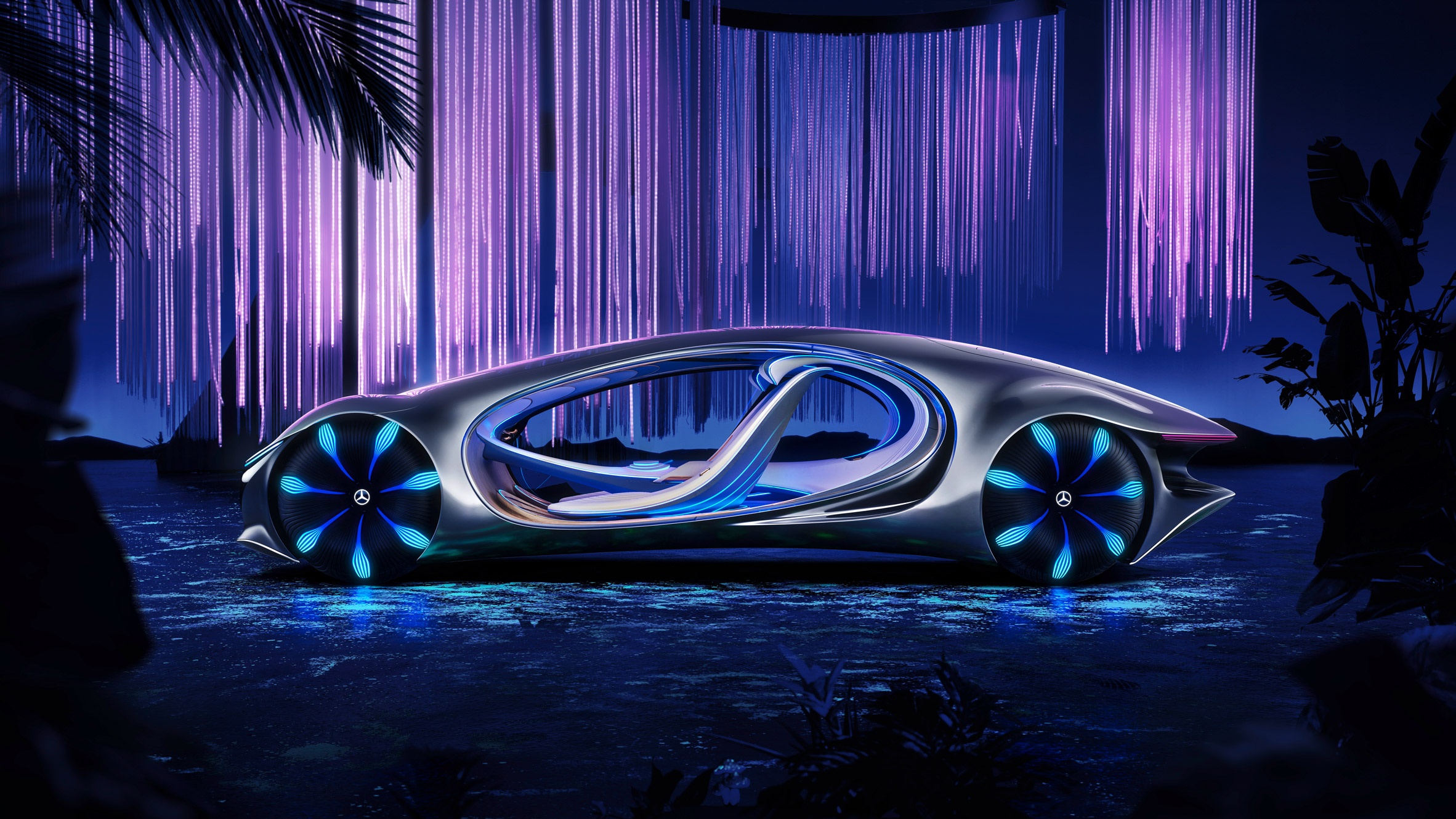 Mercedes-Benz unveils futuristic concept car inspired by Avatar film
Mercedes-Benz unveils futuristic concept car inspired by Avatar filmSpeed Read The concept vehicle has reptilian scales and moves ‘like a crab’
-
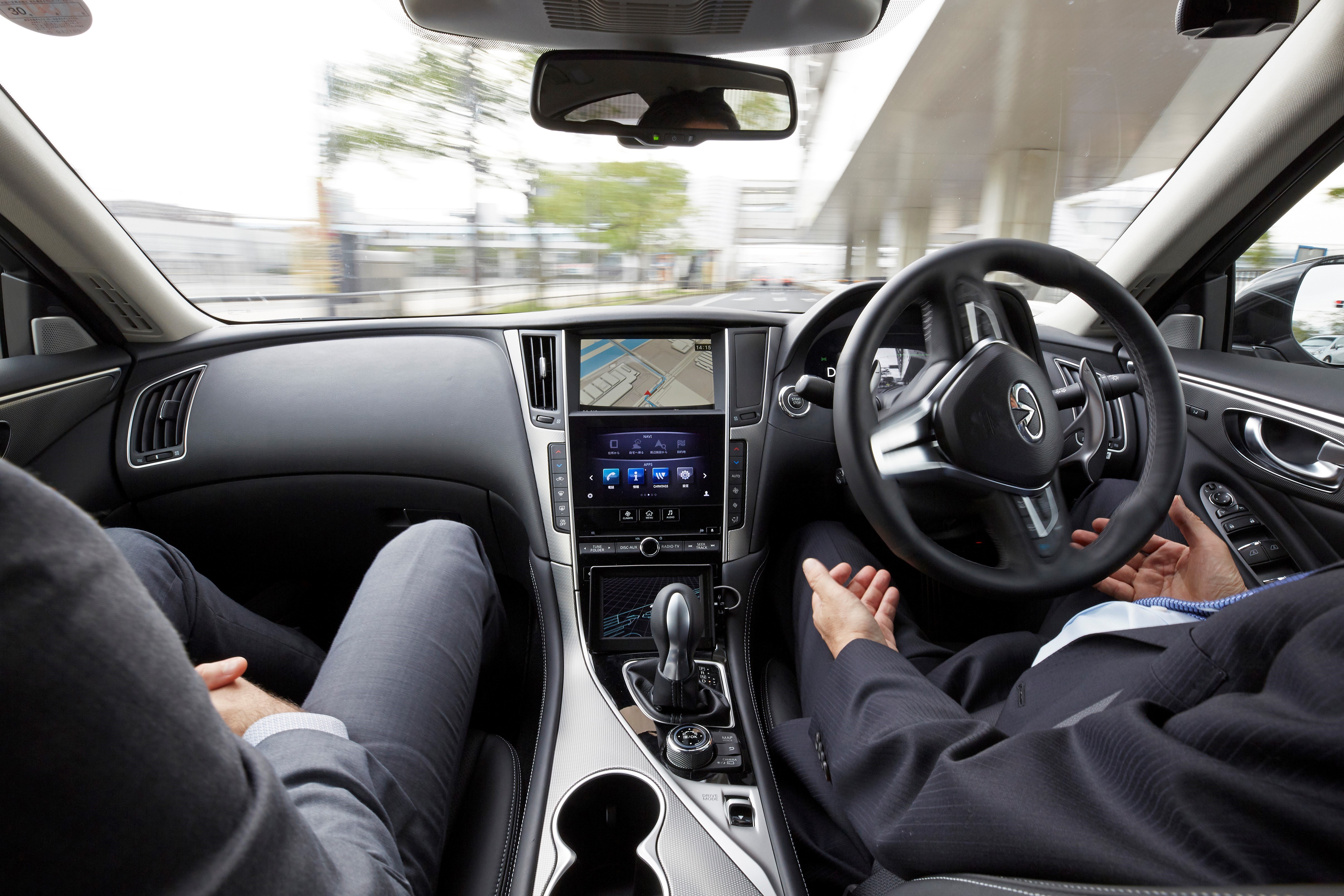 Will self-driving cars cause ‘gridlock’ on city streets?
Will self-driving cars cause ‘gridlock’ on city streets?In Depth New study finds autonomous vehicles will cruise around while unoccupied in order to dodge parking fees
-
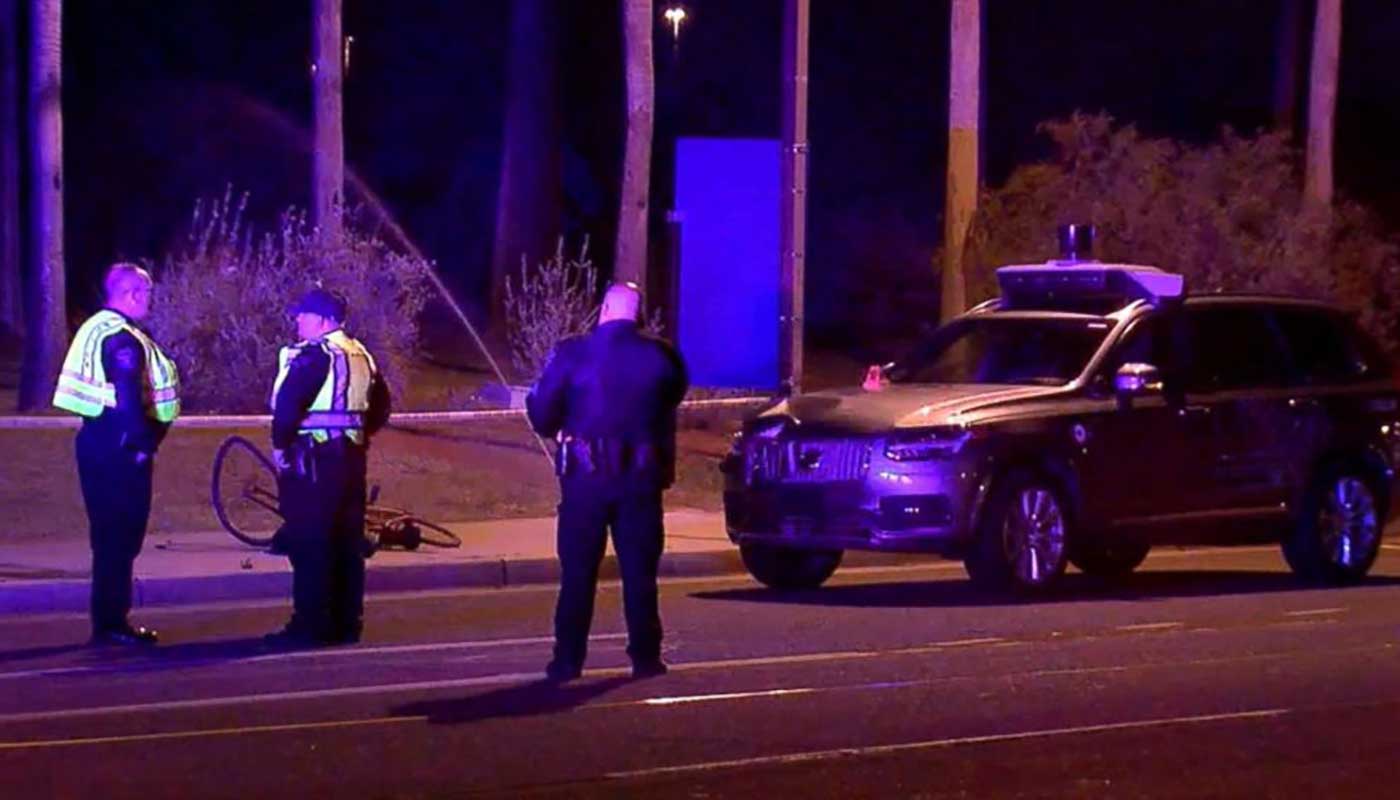 Uber was warned of driverless car dangers before fatal crash
Uber was warned of driverless car dangers before fatal crashSpeed Read Former manager claimed the self-driving vehicles were ‘hitting things nearly every 15,000 miles’
-
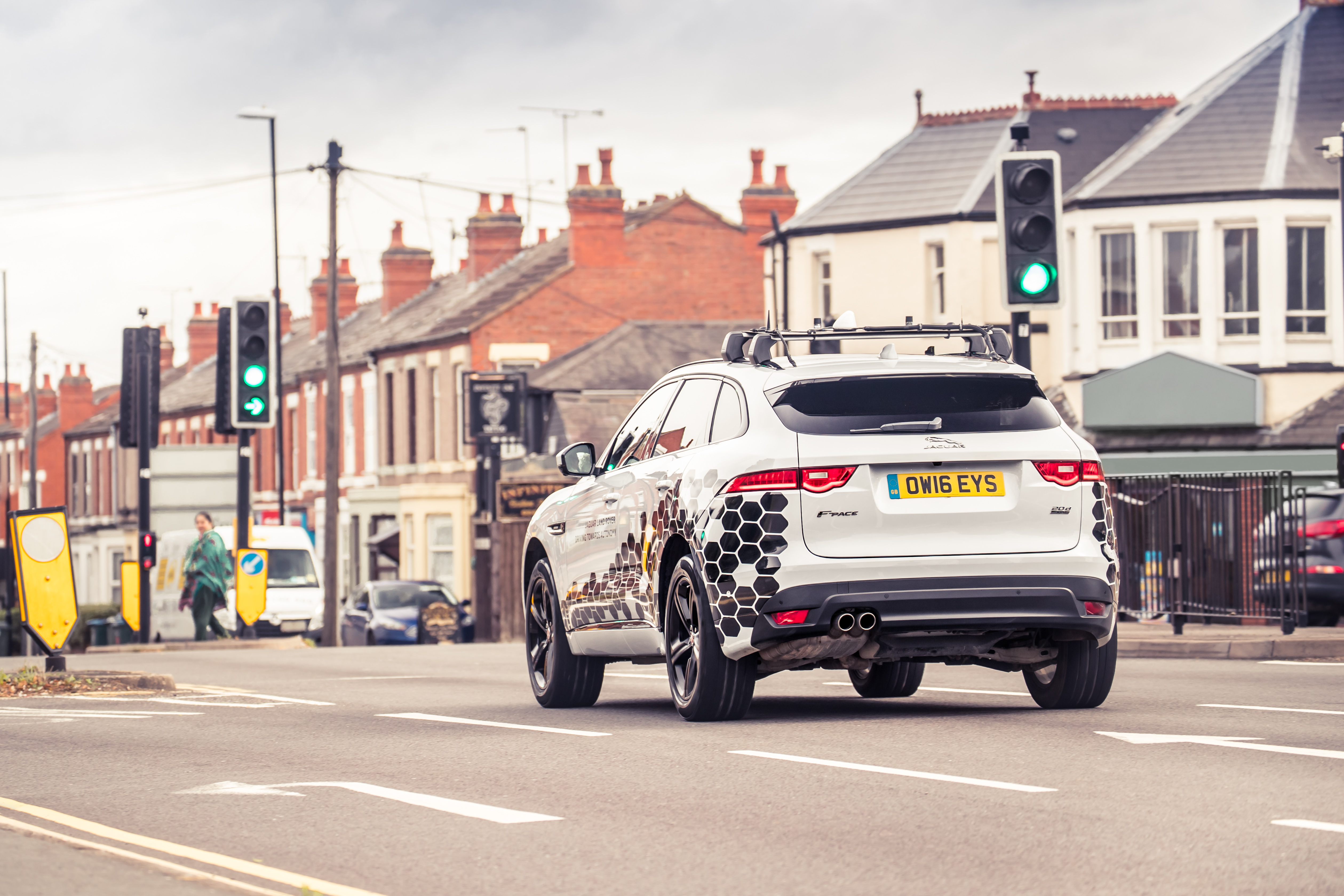 Jaguar Land Rover tech helps drivers avoid red traffic lights
Jaguar Land Rover tech helps drivers avoid red traffic lightsSpeed Read In-car system suggests the right speed to beat lights and avoid congestion
-
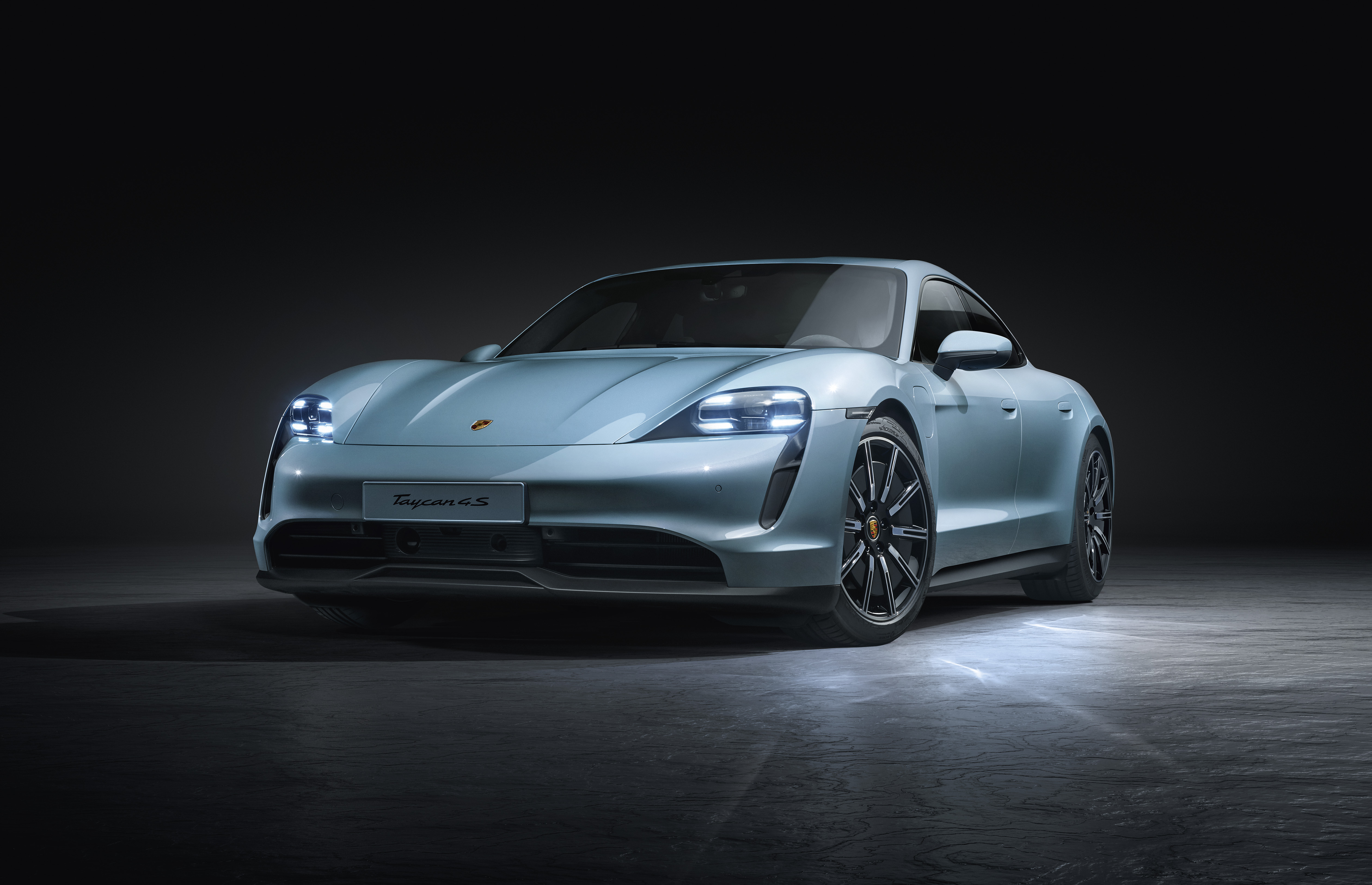 Porsche Taycan 2020: entry-level 4S joins the electric range
Porsche Taycan 2020: entry-level 4S joins the electric rangeIn Depth Base-spec EV is almost £32,500 cheaper than the Taycan Turbo
-
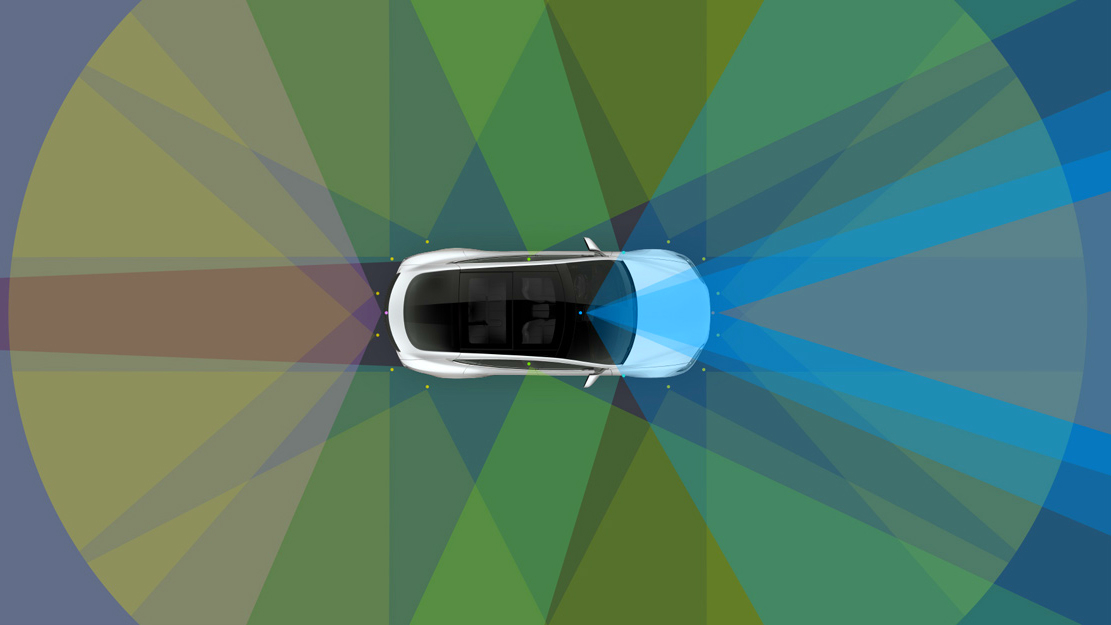 EU lists 11 car safety systems to become mandatory from 2021
EU lists 11 car safety systems to become mandatory from 2021Speed Read Autonomous braking and automatic speed limit assistance among compulsory features on all new vehicles
-
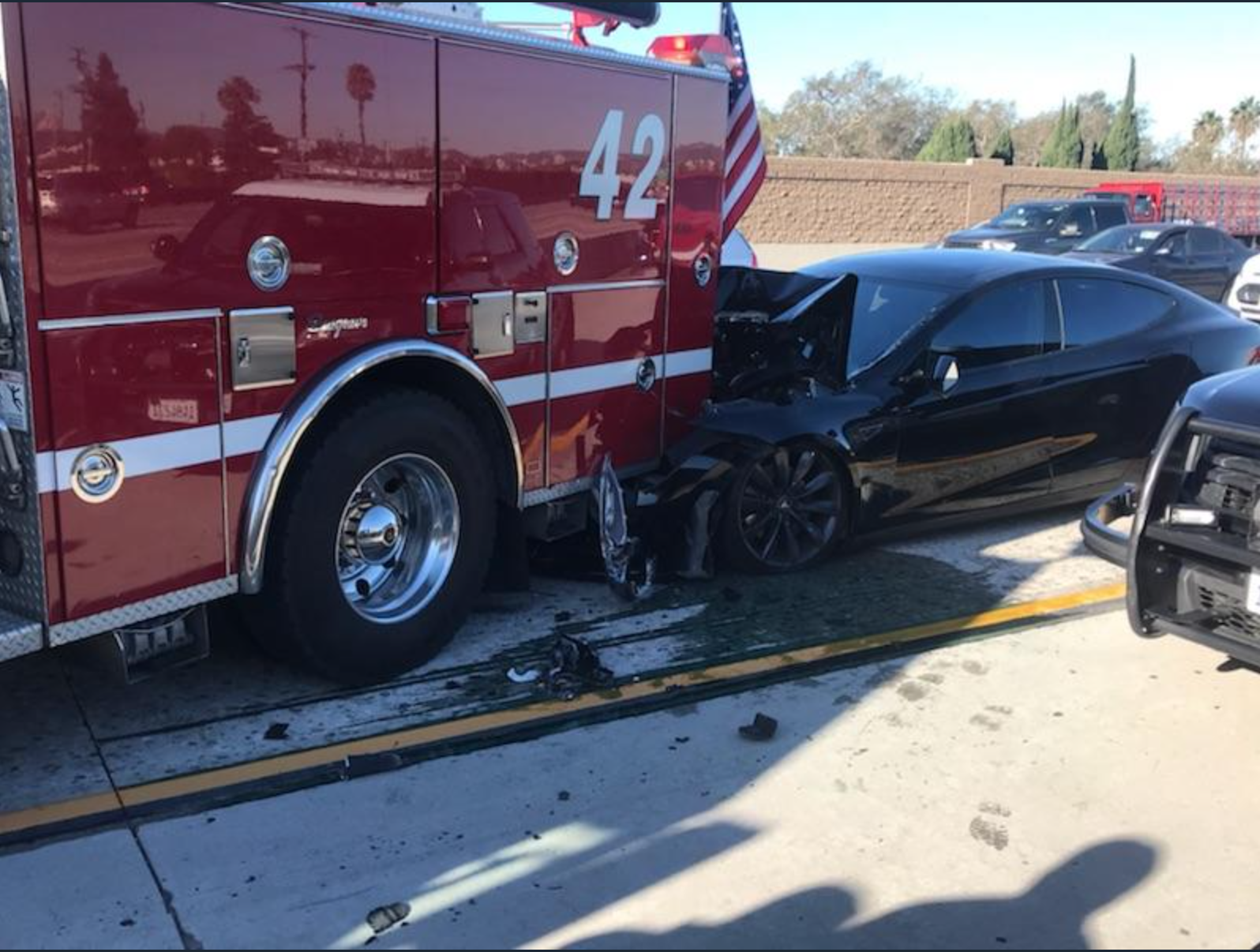 Tesla in self-driving mode crashes into fire engine
Tesla in self-driving mode crashes into fire engineIn Depth Model S electric car was travelling at 65mph before the incident
-
 Road accidents fall as driverless tech increases
Road accidents fall as driverless tech increasesSpeed Read Almost 70% of new cars sold feature autonomous safety systems